
1. Submersible Sewage Pumps:
a. Submerged Efficiency:
Submersible sewage pumps are designed to operate submerged in the sewage basin, minimizing noise and eliminating the need for priming.Their compact design makes them ideal for applications where space is limited, such as residential basements and small wastewater treatment plants.
b. Versatile Applications:
Submersible pumps are versatile and can handle a wide range of sewage types, including solids-laden wastewater and raw sewage.They are commonly used in municipal sewage systems, industrial wastewater treatment facilities, and commercial buildings.
c. Efficient Operation:
Submersible sewage pumps offer efficient operation, with some models equipped with cutting mechanisms to prevent clogging and maintain smooth flow.
2. Pedestal Sewage Pumps:
a. Above-Ground Operation:
Pedestal sewage pumps are installed above the sewage basin, with only the impeller and motor submerged.Their design makes maintenance and repair more accessible compared to submersible pumps, as the motor is not submerged.
b. Cost-Effective Solution:
Pedestal pumps are typically more affordable than submersible options, making them a cost-effective choice for smaller-scale sewage handling needs.
c. Suitable for Specific Applications:
Pedestal sewage pumps are often used in residential and light commercial applications where space constraints or budget considerations are factors.

3. Grinder Sewage Pumps:
a. Efficient Solids Handling:
Grinder sewage pumps are equipped with cutting blades that macerate solid waste, preventing clogs and ensuring smooth operation.These pumps are ideal for handling challenging sewage conditions with high solid content or fibrous materials.
b. Increased Reliability:
Grinder pumps offer increased reliability and reduced maintenance requirements, as they can handle tough sewage conditions without clogging or damage.
c. Suitable for Pressure Sewer Systems:
Grinder sewage pumps are commonly used in pressure sewer systems, where sewage must be pumped uphill or over long distances to reach the treatment facility.
 English
English عربى
عربى
 Fire Pump and System
Fire Pump and System Split Case Pump
Split Case Pump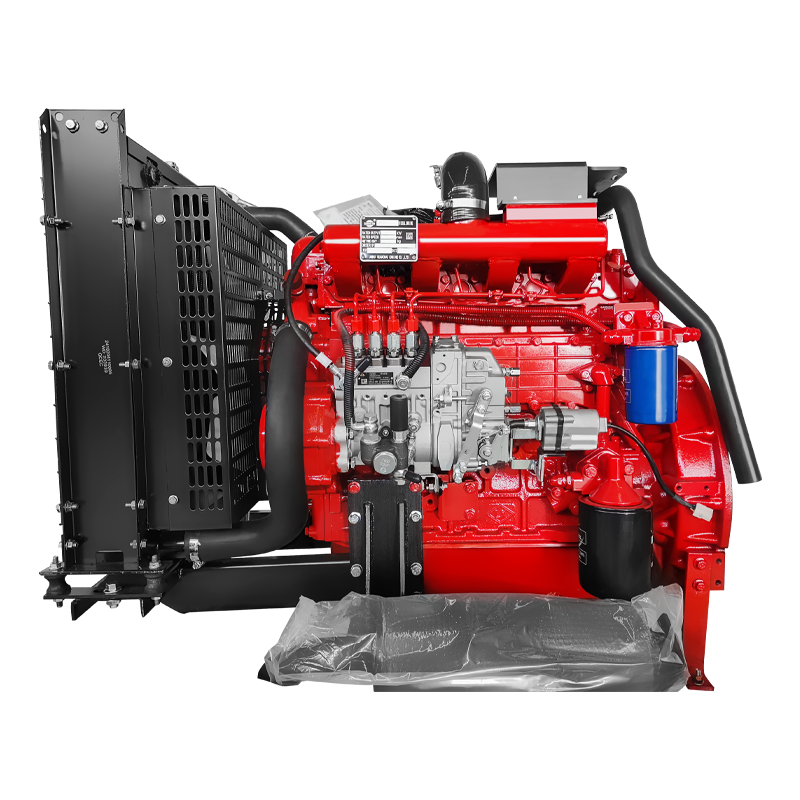 Engine and Pump
Engine and Pump Long Shaft Pump
Long Shaft Pump Multistage pump
Multistage pump Water Supplier System
Water Supplier System Sewage Pump
Sewage Pump Industrial Pump
Industrial Pump Self-Priming Pump
Self-Priming Pump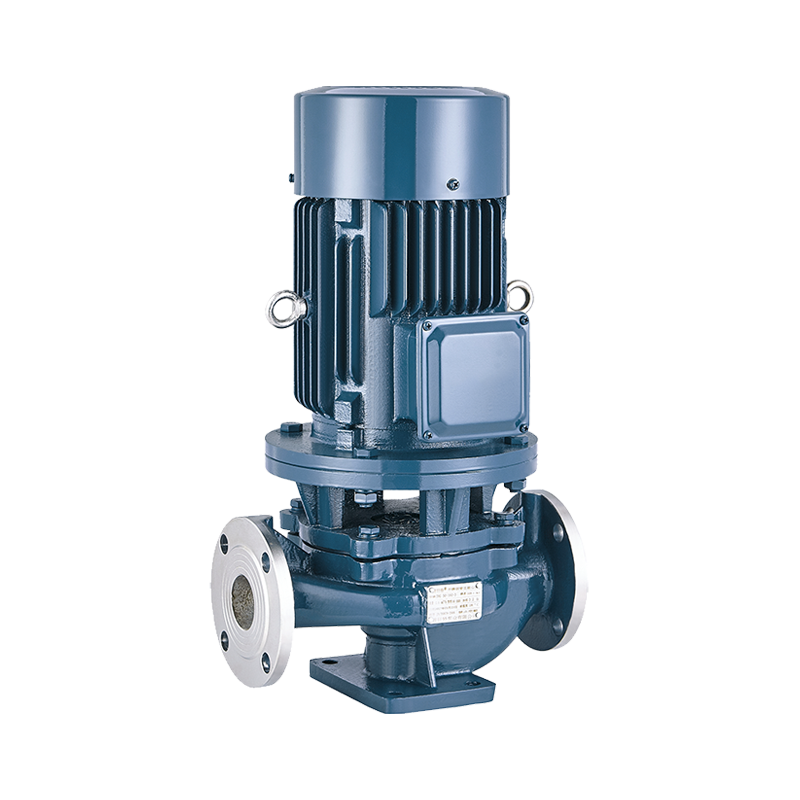 Inline Pump
Inline Pump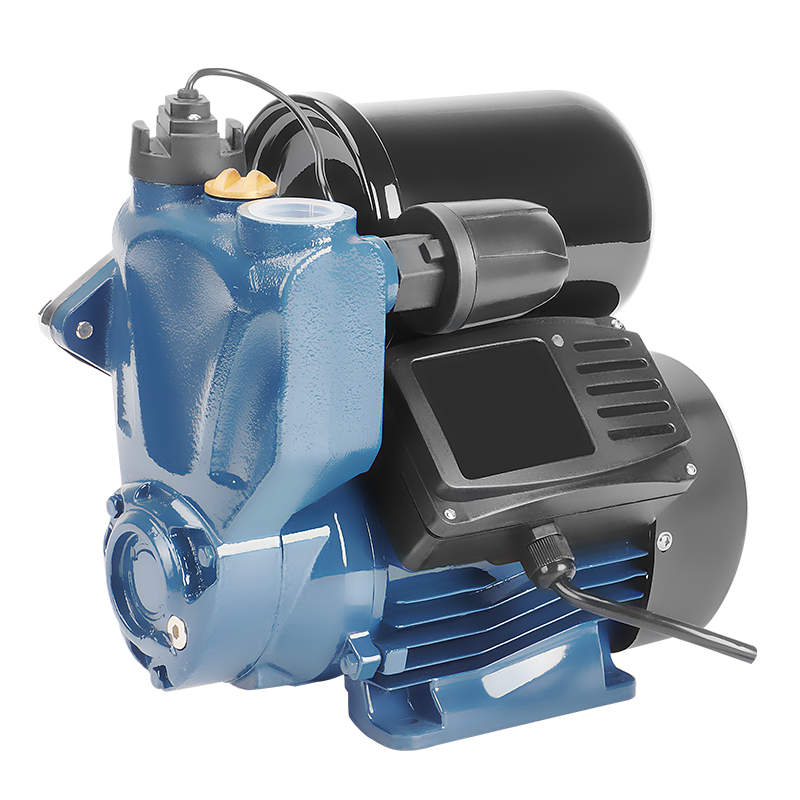 Domestic Pump
Domestic Pump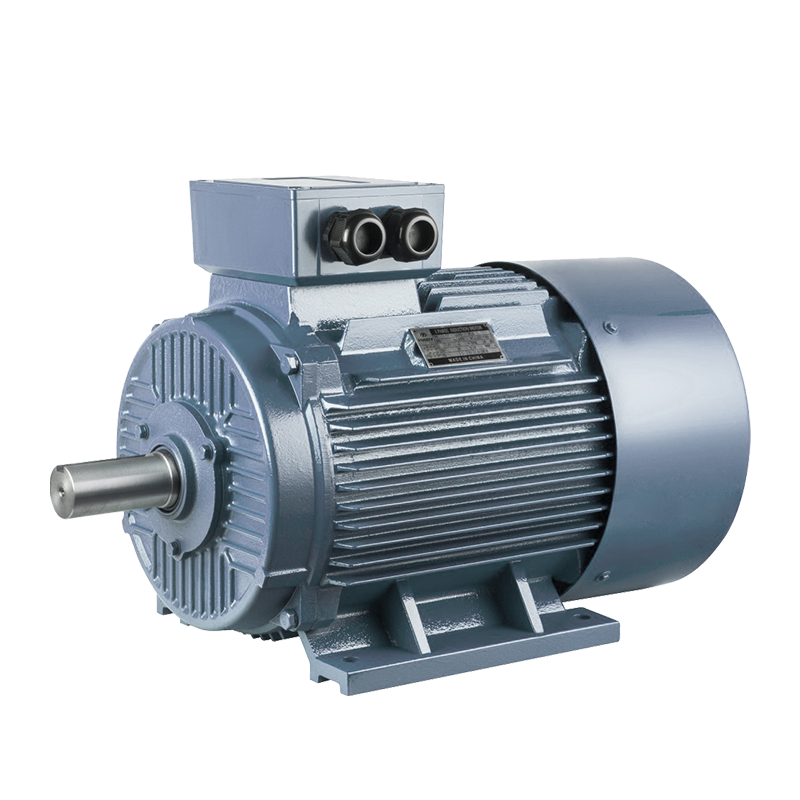 Electric Motor
Electric Motor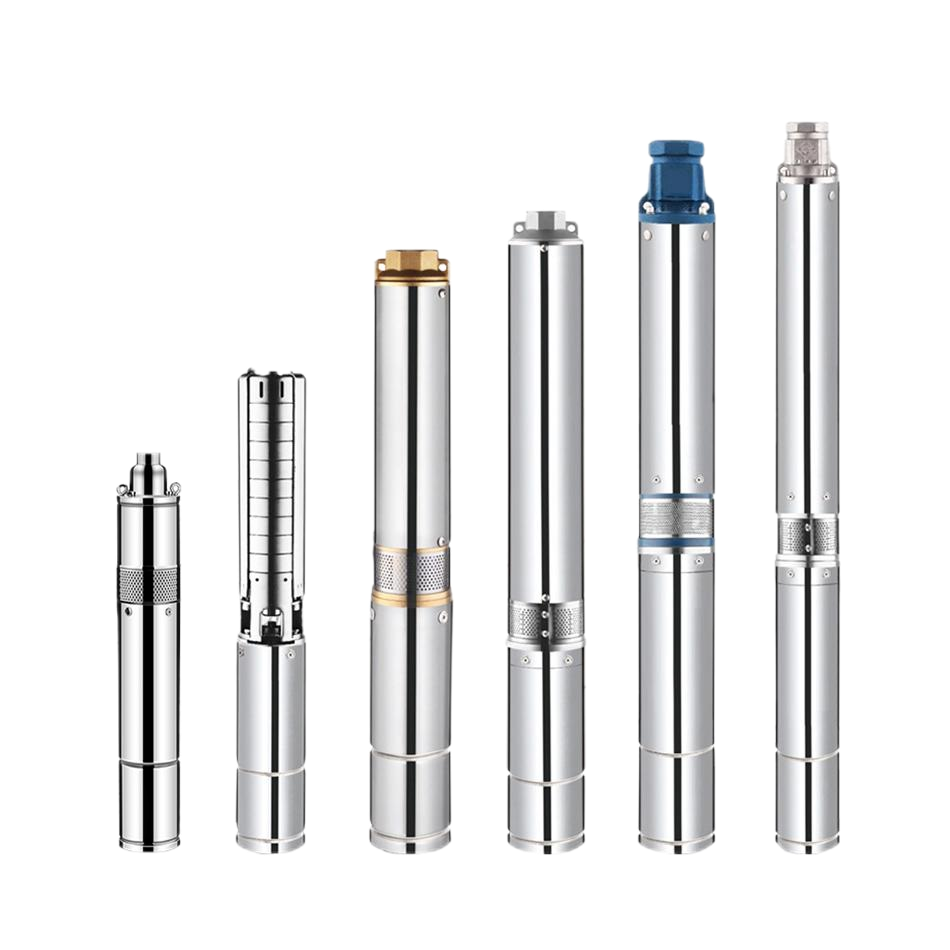 Borehole Pump
Borehole Pump







